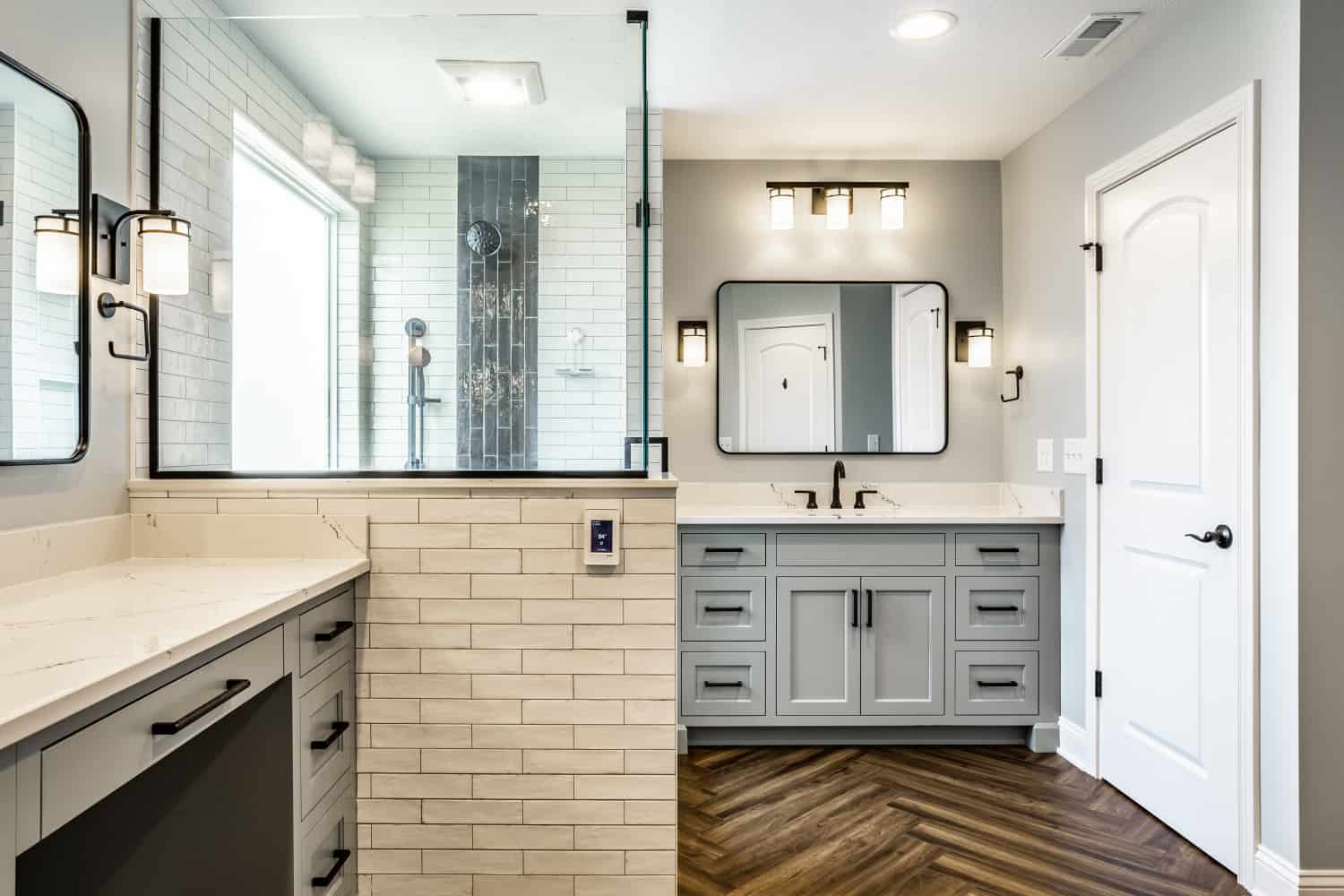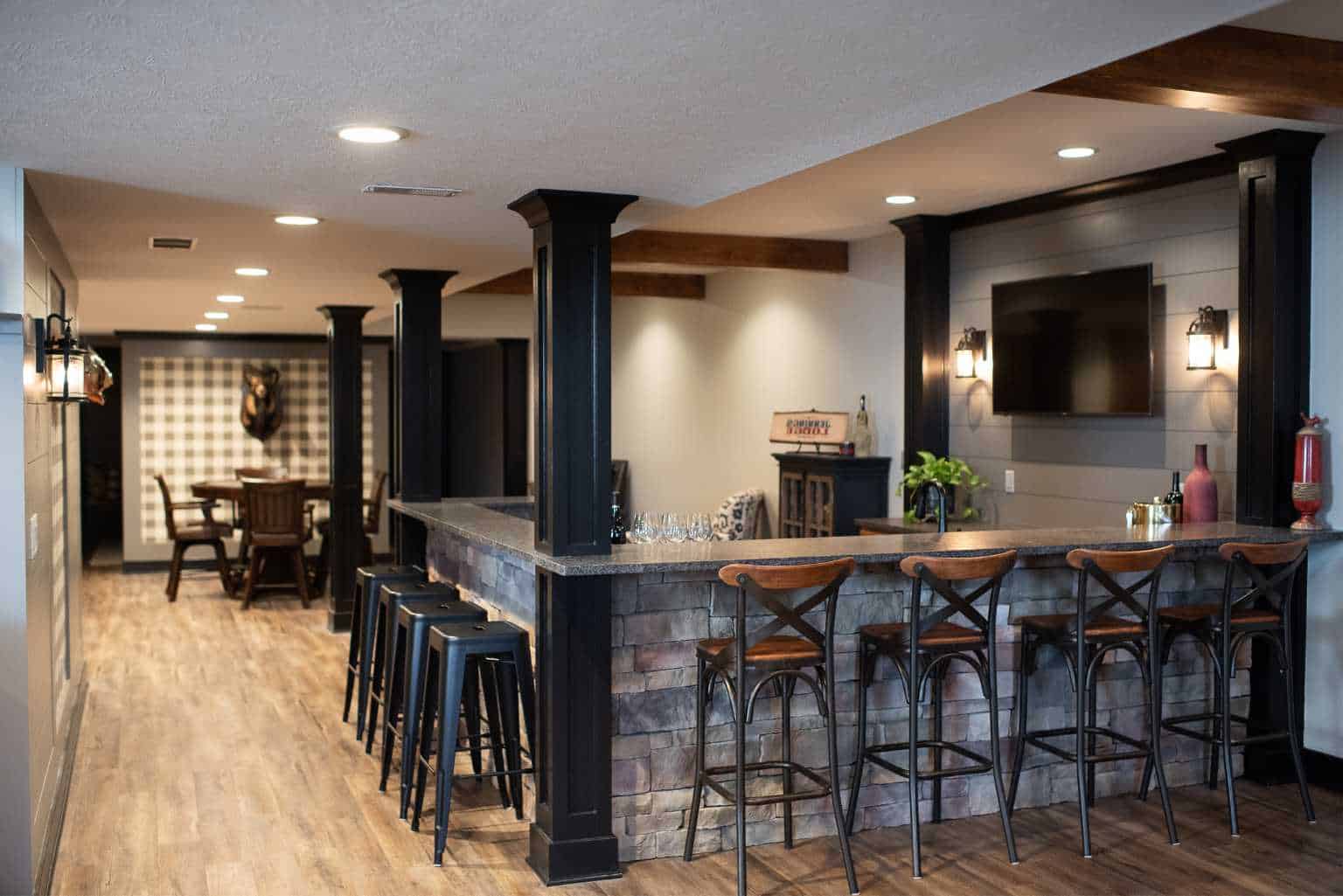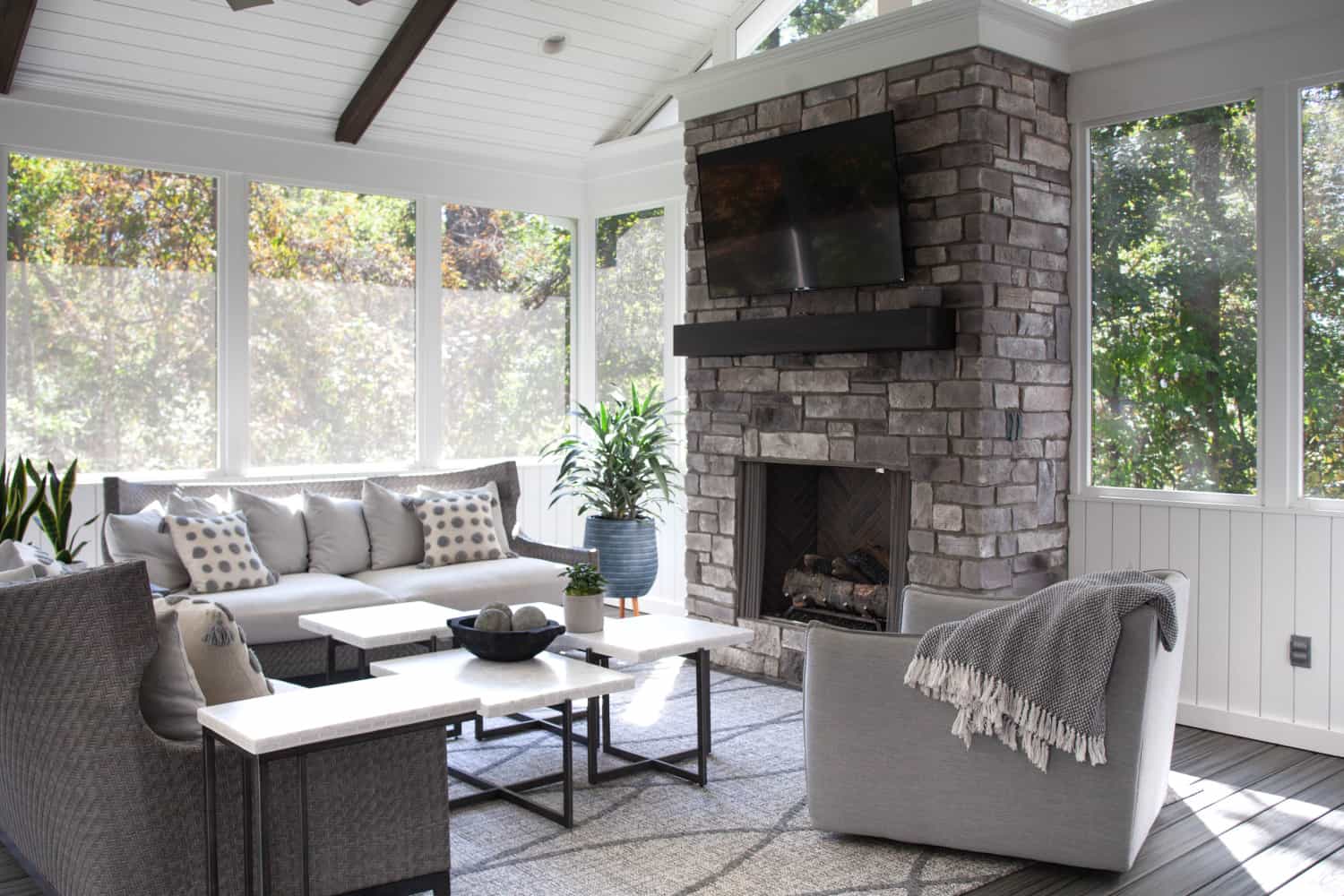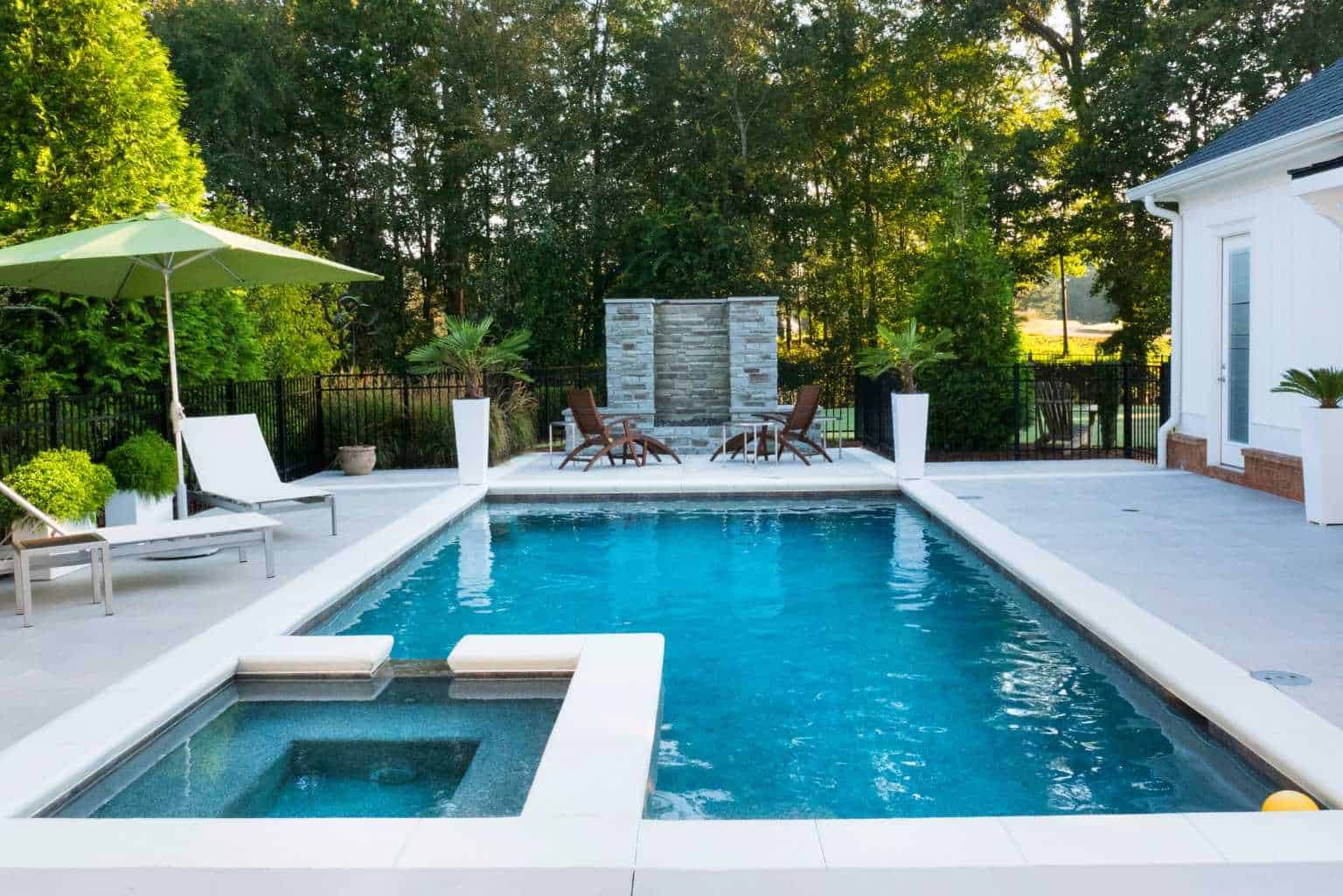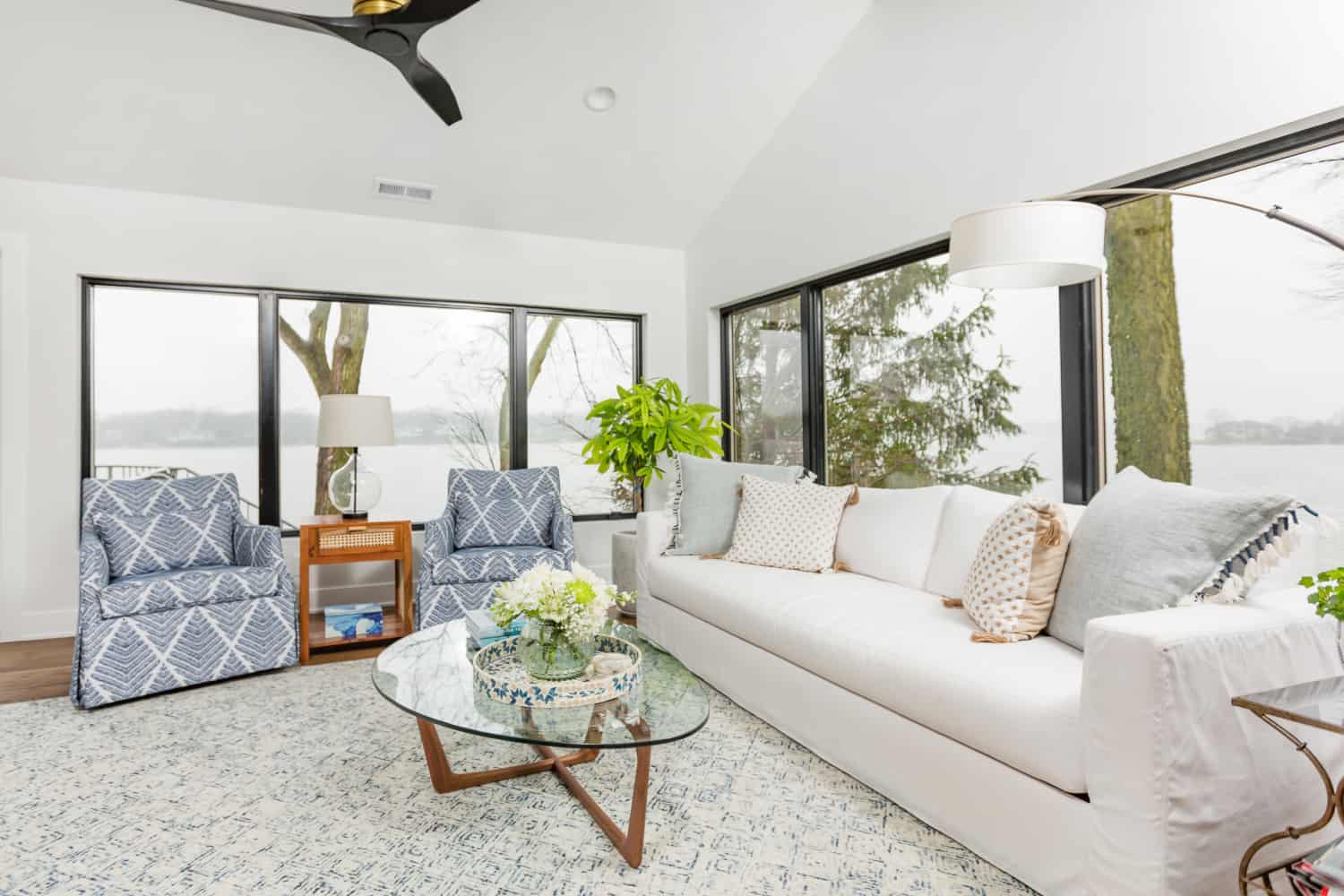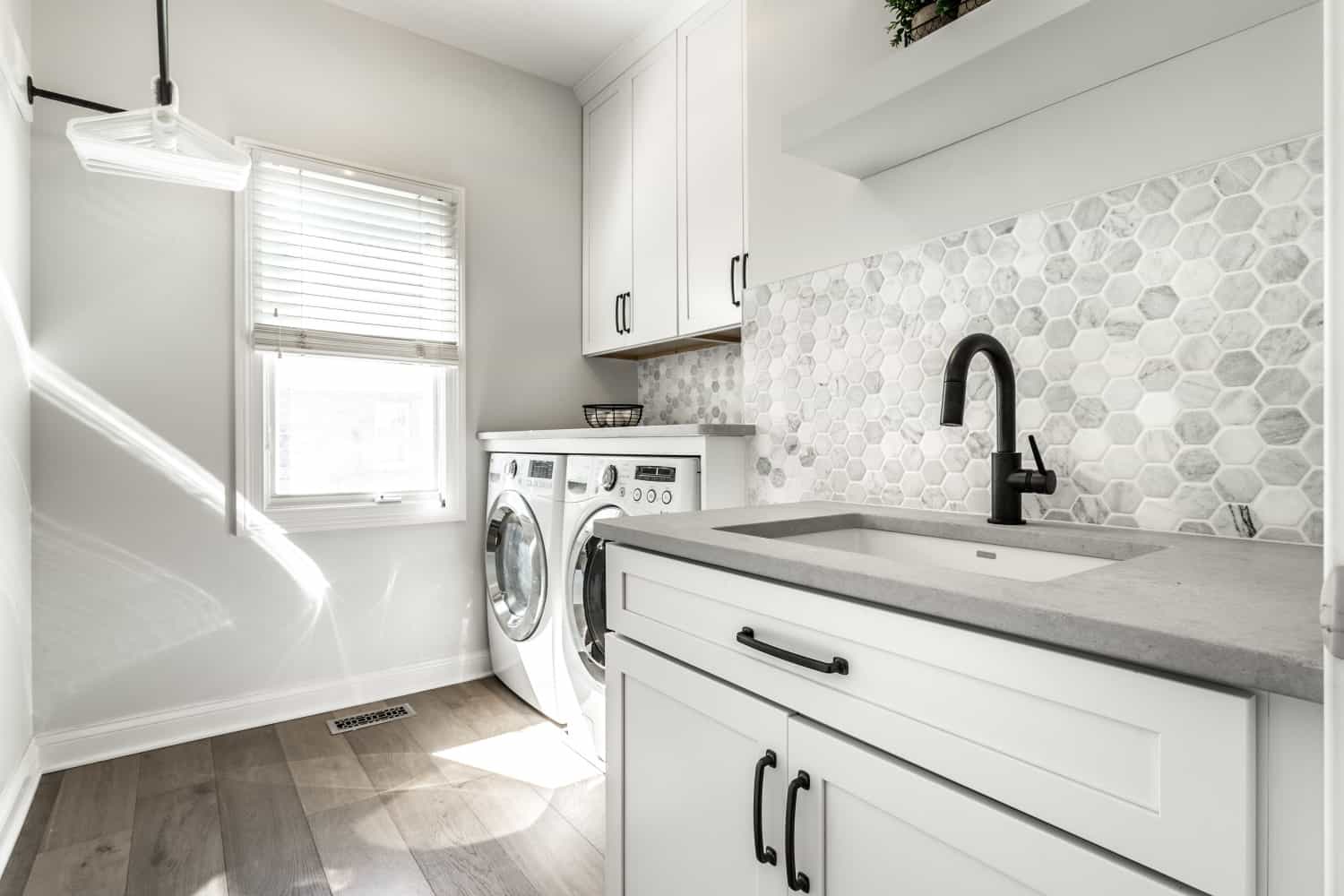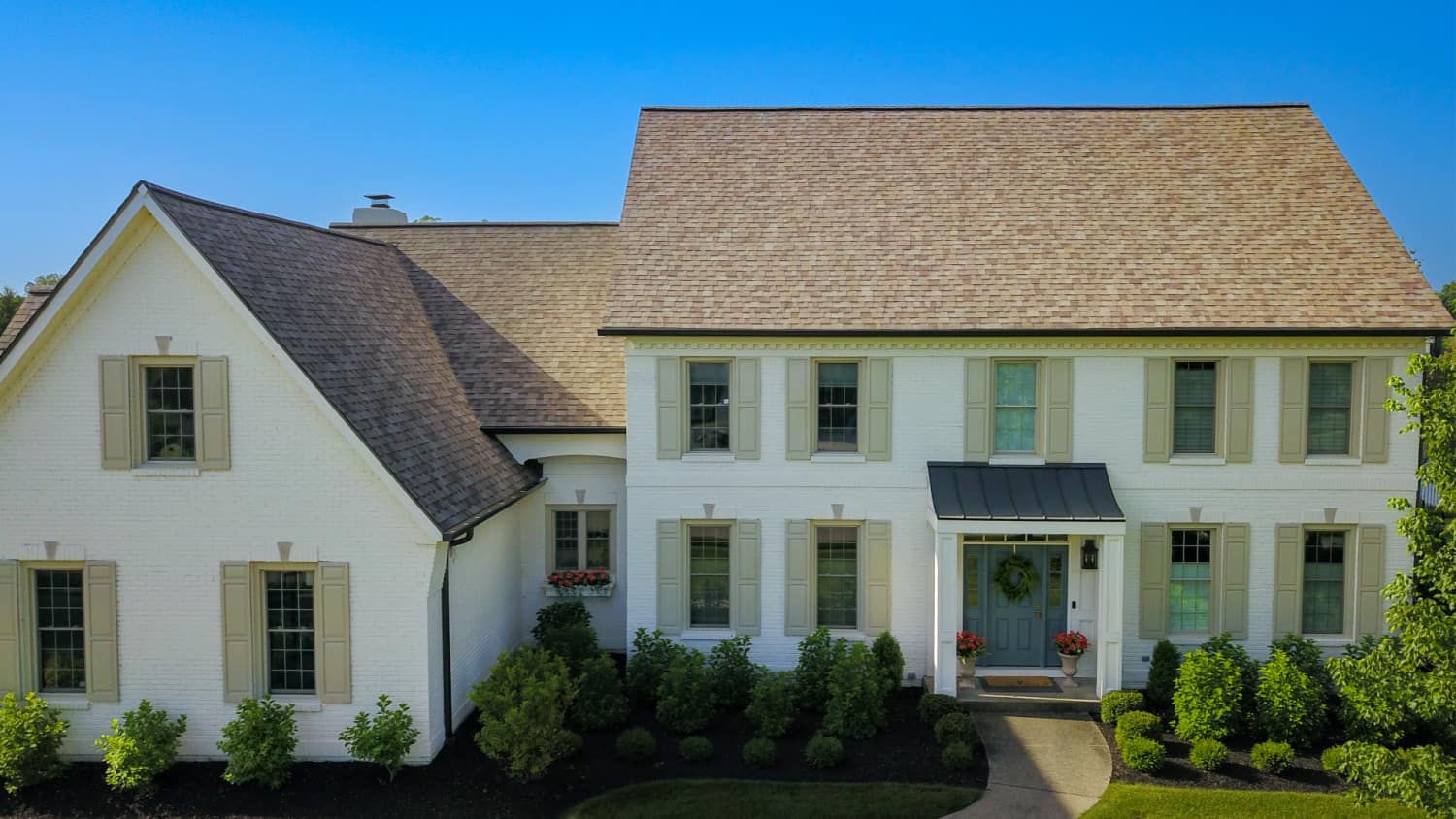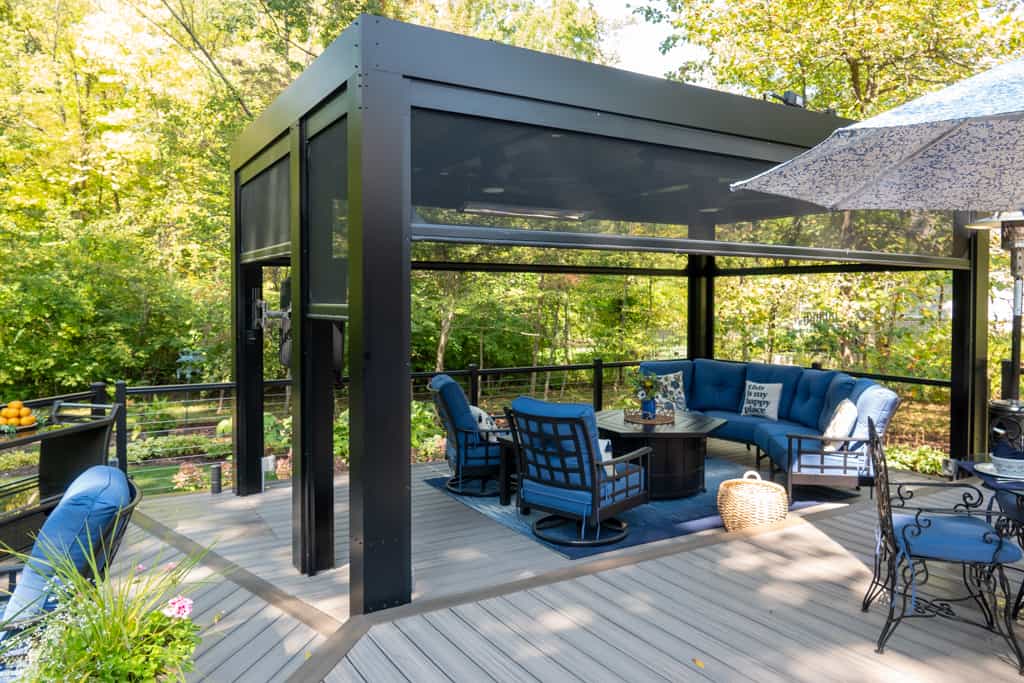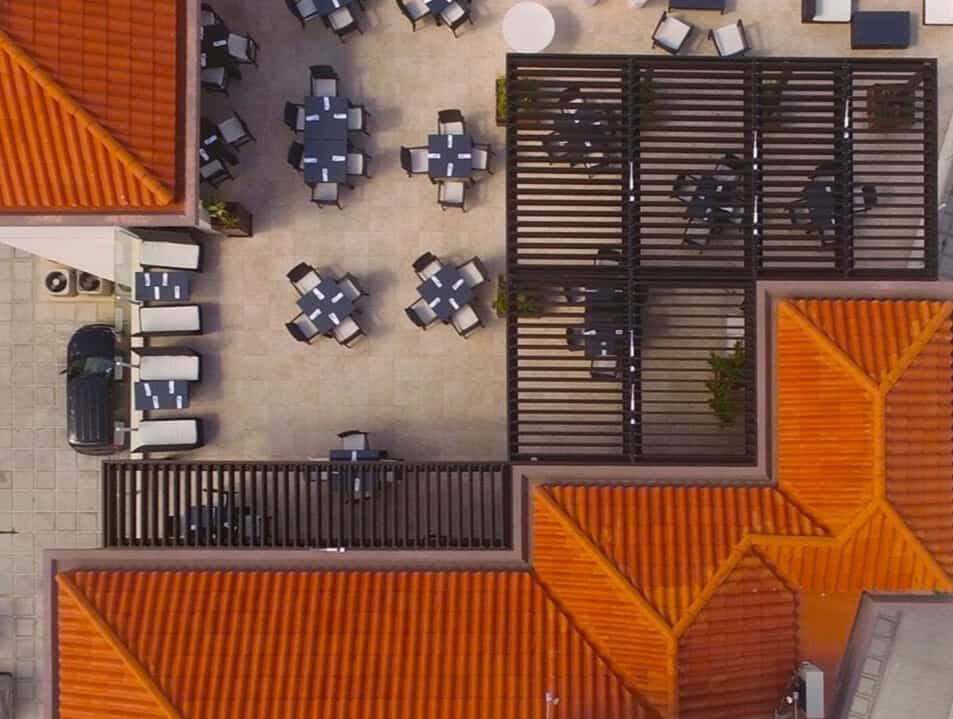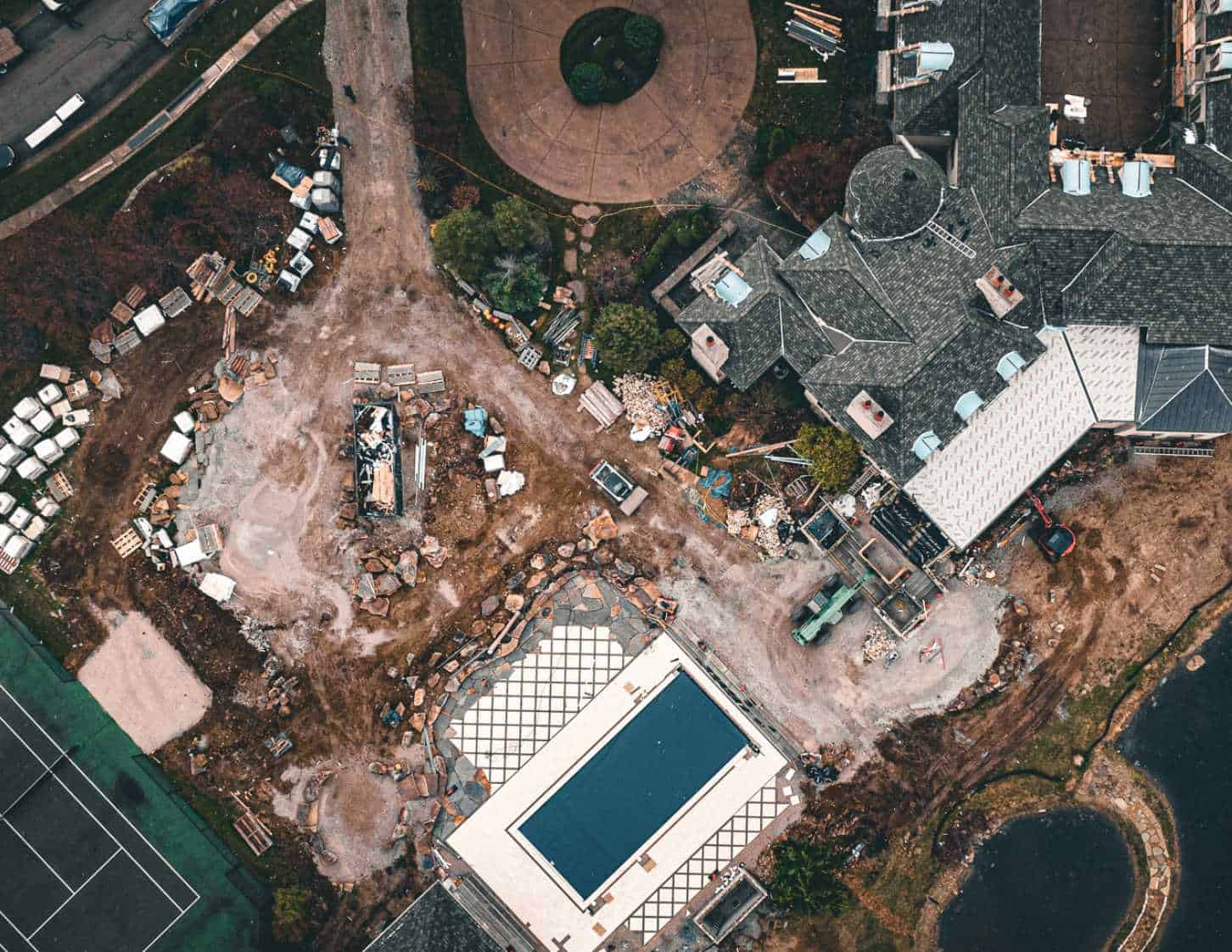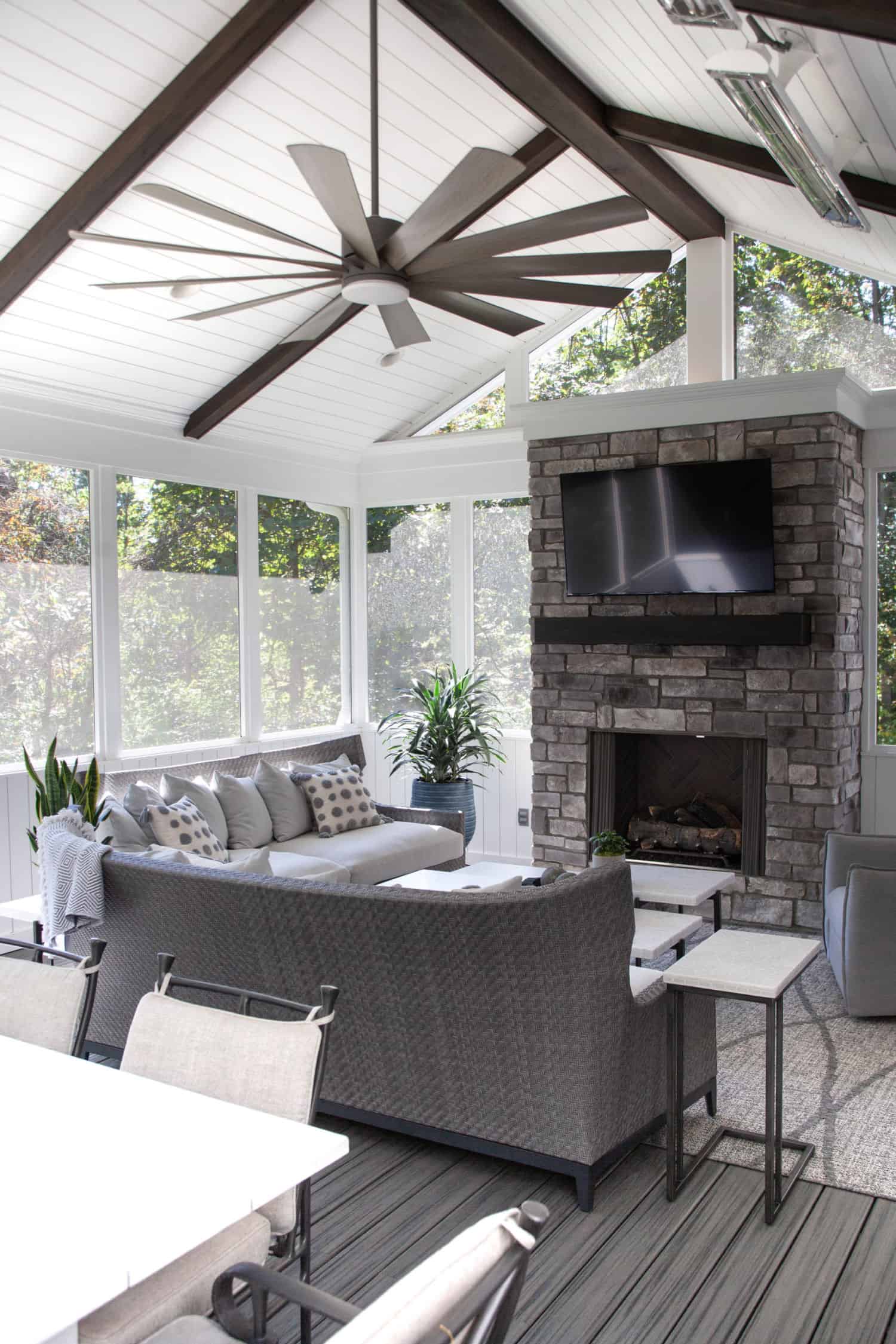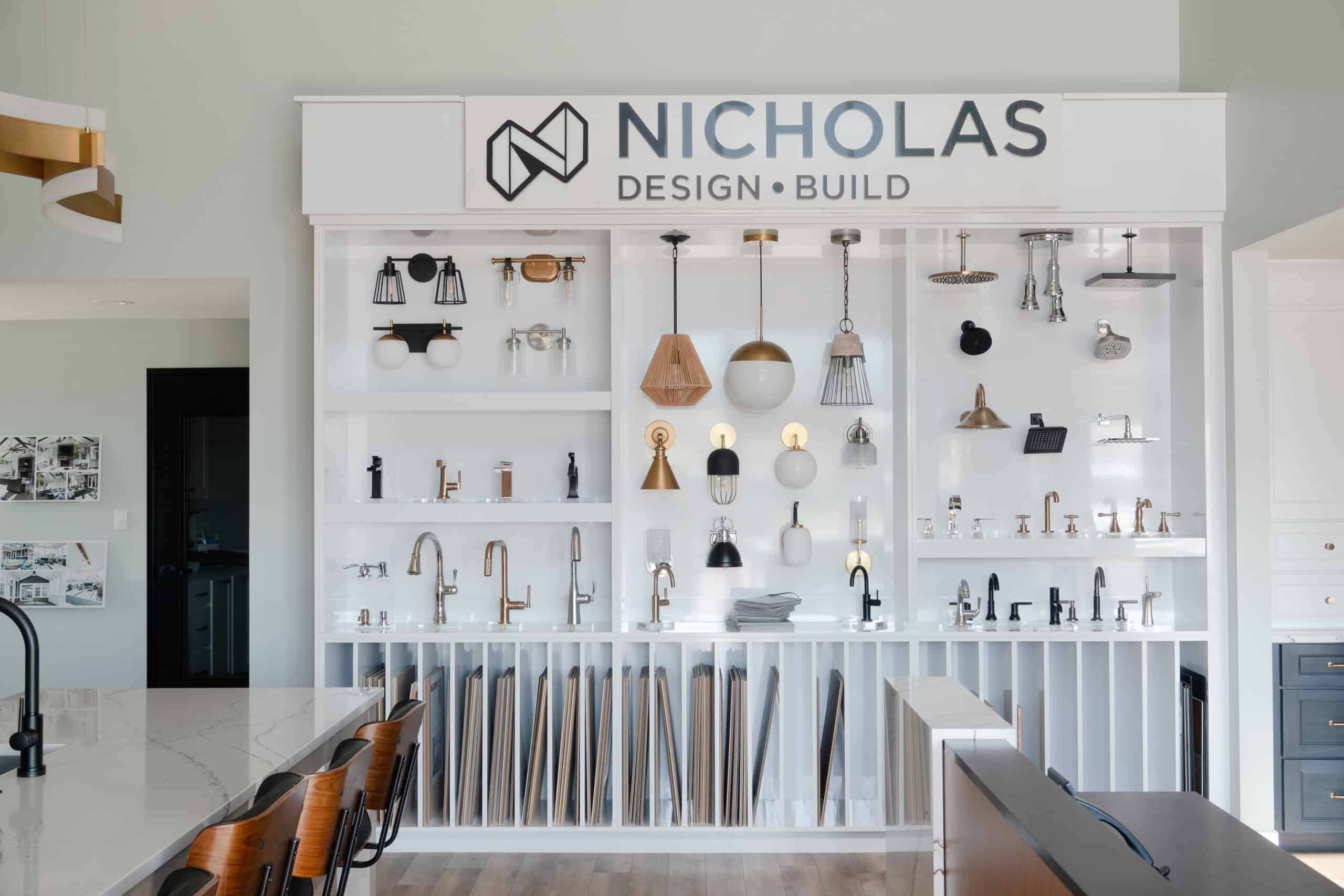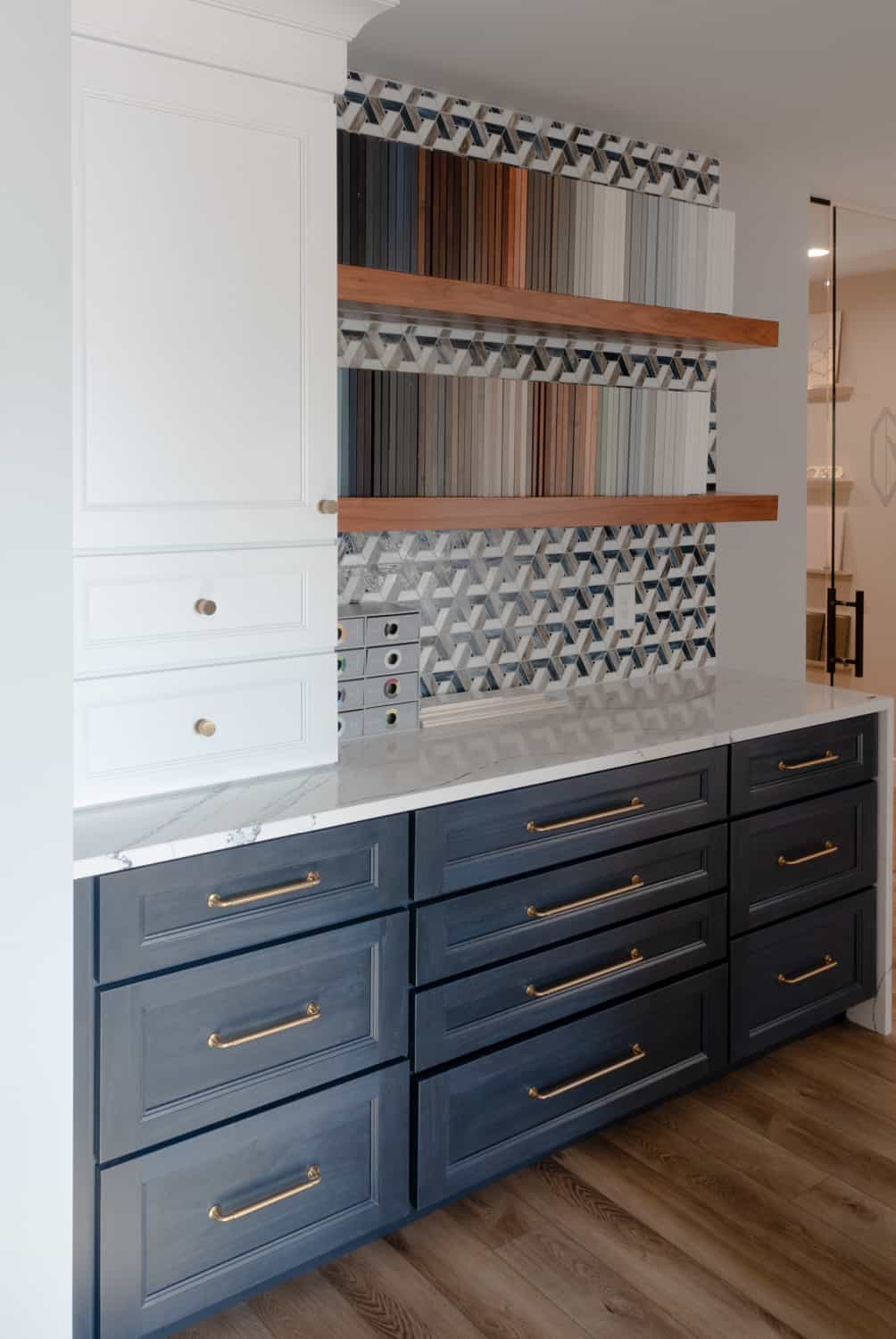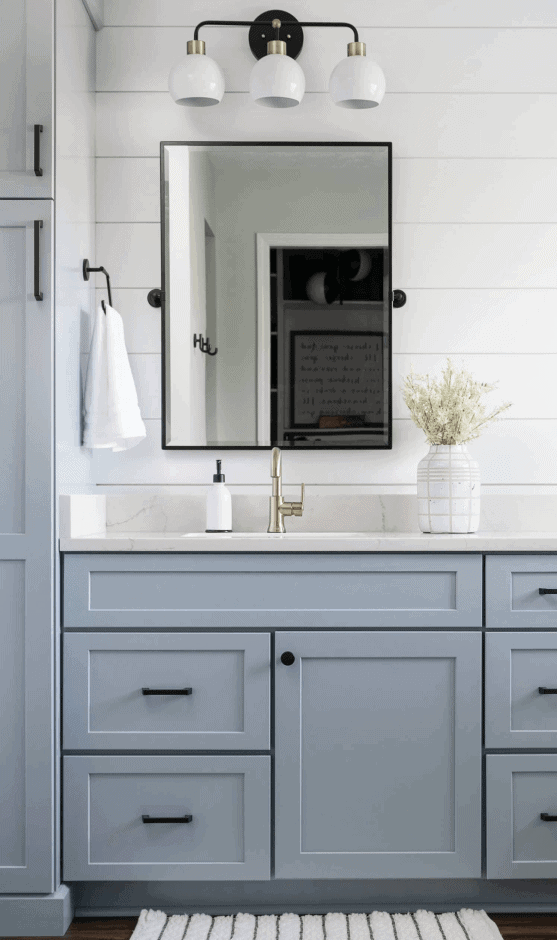In 2021, we are working from home now more than ever. Whether you’re running a business or moving from an office to home, work set-up, having a well-designed home office is crucial. No matter the size of your office, you’ll need to make sure the space is conducive to productivity. Believe it or not, but simply adding a desk and a chair is not enough to ensure that your office is comfortable and ideal for your success.
5 Home Office Design Tips
Here are 5 Home Office Design Tips to go over with your Design-Build team before construction on your office remodel or addition begins. Make sure to take note of how often you’ll use the space, what supplies you’ll need, and any other preferences you have before the design meeting.
1. Pay Attention To Location
Location is arguably one of the most important factors of your home office design. The last thing you need is to have your dog barking or child crying in the background of an important zoom meeting with your boss. Unless you need to watch over children during the workday, you may want to consider locating your home office in a low-traffic area to avoid disruptions.
To that end, if you will be having clients come to your office, you may want to locate the space near the front or back of your home with a private entrance. This way you won’t have to worry about cleaning your whole home before walking your clients through.
2. Invest in A Great Chair For Your Home Office
Likely, if you have the need for a home office, you’ll be spending hours on end living in it. For this reason, you need to make sure that your office is a space you’ll be comfortable in. One that you can stretch out in to avoid fatigue. Depending on the square footage of your space, you may need to make some sacrifices when it comes to furnishings. Let your desk be one of them. Instead, invest in a great ergonomic chair that can prevent neck and back pain throughout the day.
3. Organization is Key
Organization is key when it comes to a productive and pleasant workspace. Having messy stacks of papers and files on your desk can leave you feeling way more stressed than you need to be. When in your home office, you don’t need more things overwhelming you than the work you need to get done.
Even if all you need for work is a laptop, you may want to use your home office as an organized space for important household paperwork such as mail, medical records, and other bills.
A rule of thumb is to reserve your desk for current or urgent work and put the rest in a storage organization system so you can focus on what matters. Use filing cabinets, baskets, and shelving to make use of both the horizontal and vertical space in the room.
4. Hide The Cords In Your Home Office
One of the easiest ways to beautify the design of your office is to hide the cords of the many electronics you may use. Keep electronics near outlets and within easy access in case you ever need to unplug. Once everything is in place, feed the cords into a plastic or metal cap through or underneath your desk. Another option is to have integrated outlets within your desk that can hide the cords as well.
5. Natural Lighting With A View
Your home office doesn’t have to be the dark and dreary room that you avoid. Place your home office in a space that provides a lot of natural light to boost your mood and maybe even provide you with a view that inspires. A space where you won’t get distracted but don’t have to look at a wall idea is always a plus.
A bonus of natural light is that it reduces eye strain and headaches that come from looking at a bright screen all day. A final tip is to place your computer monitor accordingly to avoid any glare from natural or artificial lighting sources.
Home Office Remodeling Contractors
Adding a home office is a big step towards improving your productivity and professionalism. To guarantee that the design of your home office is both aesthetically pleasing and productivity conducive, hire a design-build contractor with an impressive portfolio and great reviews.
THE FOLLOWING ARE OUR Home Office Remodeling SERVICE AREAS
McCordsville, Indiana
Fishers, Indiana
Carmel, Indiana
Lawrence, Indiana
Greenfield, Indiana
Zionsville, Indiana
Noblesville, Indiana
Whitestown, Indiana
Westfield, Indiana
Rocky Ripple, Indy, Indiana
Meridian Kessler, Indy, Indiana
Castleton, Indy, Indiana
Meridian Hills, Indy, Indiana
Fortville, Indiana
Pendleton, Indiana

